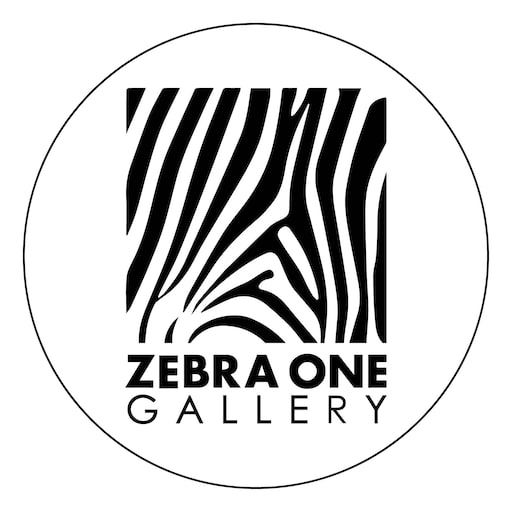Prints & Multiples
Harland Miller
39 3/8 x 27 1/2 in
Who Cares Win 2020 is a colour silkscreen print on paper by Harland Miller, an artist and writer best known for his series of paintings based on the dust jackets of Penguin books. Here the image consists of a picture of an imaginary battered blue Penguin bookcover, floating on a pale background. The title words ‘Who Cares Wins’ are elegantly written in looping brown text across the front of the book and the artist’s name appears above it, in the space normally occupied by the author. The print was released by Miller and White Cube, London in an edition of 250 in response to the Covid-19 coronavirus pandemic of 2020. Tate’s copy is an artist’s proof aside from the main edition. The edition was produced as a fundraiser in support of frontline staff fighting the virus across the world, with proceeds from sales being donated to the National Emergencies Trust in the United Kingdom, the New York Community Trust in the United States and Hands On Hong Kong. Funds were also raised for the York Teaching Hospital Charity to support National Health Service staff in hospitals across Yorkshire, reflecting the artist’s close relationship with his hometown of York.
Miller chose his title because of its close relationship to the phrase ‘Who Dares Wins’, a motto associated with the Special Air Service special forces unit of the British Army (SAS) which proposes that if one has the courage and audacity to take risks, victory and success will follow. It can also be extrapolated that courage has its own reward. By changing one letter, the phrase is translated into one which celebrates the selflessness of caring, while retaining the military style language commonly used by the media and authorities to describe the fight against the virus.
Influenced by Pop art and how it radically shifted the boundaries between popular culture, the vernacular and the everyday, Miller’s dust-jacket works offer a way to draw together his interest in painting and the written word. In his ongoing series of paintings, he also engages with books as objects, being particularly inspired by much-used publications with dog-eared and scuffed covers.
Join our mailing list
* denotes required fields
We will process the personal data you have supplied to communicate with you in accordance with our Privacy Policy. You can unsubscribe or change your preferences at any time by clicking the link in our emails.

